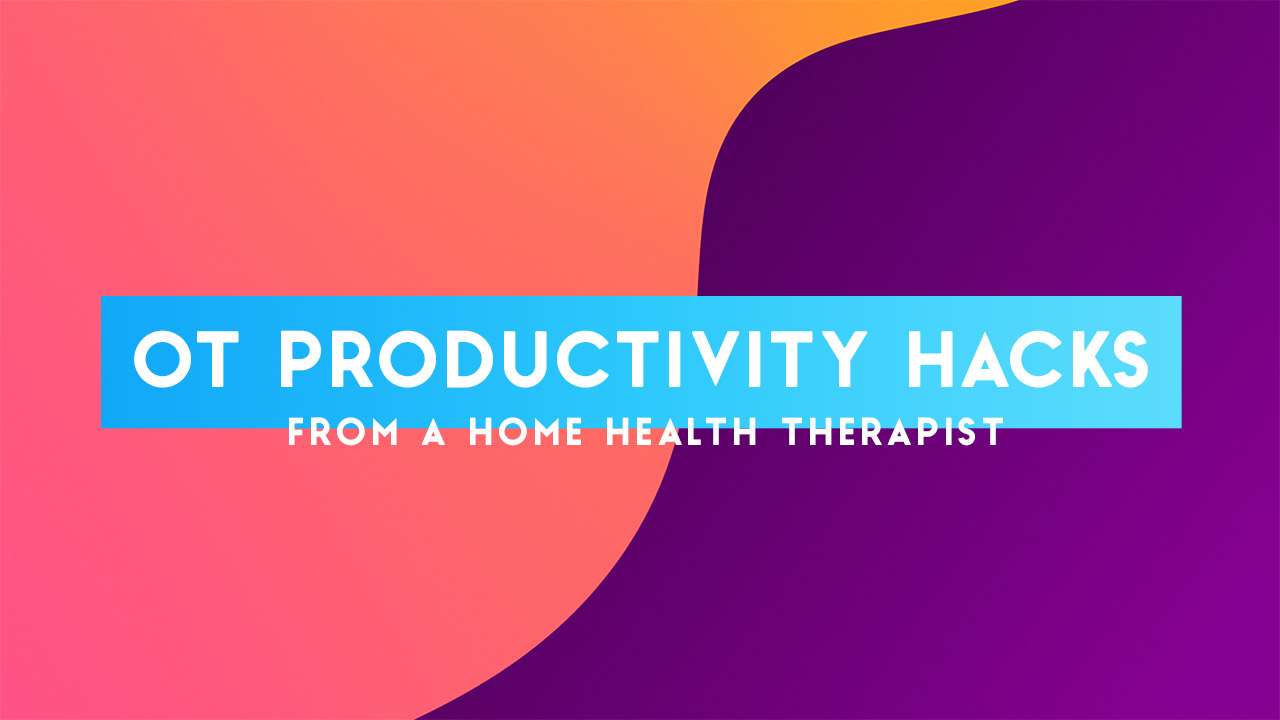Stress symptoms: Effects on your body and behavior
By Mayo Clinic Staff
Stress symptoms may be affecting your health, even though you might not realize it. You may think illness is to blame for that irritating headache, your frequent insomnia or your decreased productivity at work. But stress may actually be the cause.
Common effects of stress
Indeed, stress symptoms can affect your body, your thoughts and feelings, and your behavior. Being able to recognize common stress symptoms can help you manage them. Stress that’s left unchecked can contribute to many health problems, such as high blood pressure, heart disease, obesity and diabetes.
Common effects of stressOn your bodyOn your moodOn your behaviorHeadacheAnxietyOvereating or undereatingMuscle tension or painRestlessnessAngry outburstsChest painLack of motivation or focusDrug or alcohol misuseFatigueFeeling overwhelmedTobacco useChange in sex driveIrritability or angerSocial withdrawalStomach upsetSadness or depressionExercising less oftenSleep problems
Act to manage stress
If you have stress symptoms, taking steps to manage your stress can have many health benefits. Explore stress management strategies, such as:
- Getting regular physical activity
- Practicing relaxation techniques, such as deep breathing, meditation, yoga, tai chi or massage
- Keeping a sense of humor
- Spending time with family and friends
- Setting aside time for hobbies, such as reading a book or listening to music
Aim to find active ways to manage your stress. Inactive ways to manage stress — such as watching television, surfing the internet or playing video games — may seem relaxing, but they may increase your stress over the long term.
And be sure to get plenty of sleep and eat a healthy, balanced diet. Avoid tobacco use, excess caffeine and alcohol, and the use of illegal substances.
When to seek help
If you’re not sure if stress is the cause or if you’ve taken steps to control your stress but your symptoms continue, see your doctor. Your healthcare provider may want to check for other potential causes. Or consider seeing a professional counselor or therapist, who can help you identify sources of your stress and learn new coping tools.
Also, get emergency help immediately if you have chest pain, especially if you also have shortness of breath, jaw or back pain, pain radiating into your shoulder and arm, sweating, dizziness, or nausea. These may be warning signs of a heart attack and not simply stress symptoms.
There is a problem with information submitted for this request. Review/update the information highlighted below and resubmit the form.
From Mayo Clinic to your inbox
Sign up for free, and stay up to date on research advancements, health tips and current health topics, like COVID-19, plus expertise on managing health.
ErrorEmail field is required
ErrorInclude a valid email address
To provide you with the most relevant and helpful information, and understand which information is beneficial, we may combine your email and website usage information with other information we have about you. If you are a Mayo Clinic patient, this could include protected health information. If we combine this information with your protected health information, we will treat all of that information as protected health information and will only use or disclose that information as set forth in our notice of privacy practices. You may opt-out of email communications at any time by clicking on the unsubscribe link in the e-mail.
Thank you for subscribing!
You’ll soon start receiving the latest Mayo Clinic health information you requested in your inbox.
Sorry something went wrong with your subscription
Please, try again in a couple of minutes
- How stress affects your health. American Psychological Association. https://www.apa.org/helpcenter/stress. Accessed March 5, 2019.
- Stress and your health. U.S. Department of Health and Human Services. https://www.womenshealth.gov/mental-health/good-mental-health/stress-and-your-health. Accessed March 5, 2019.
- Seaward BL. Essentials of Managing Stress. 4th ed. Burlington, Mass.: Jones & Bartlett Learning; 2017.
- Manage stress. Healthfinder.gov. http://healthfinder.gov/healthtopics/population/men/mental-health-and-relationships/manage-stress. Accessed March 5, 2019.
- Seaward BL. Managing Stress: Principles and Strategies for Health and Well-Being. 9th ed. Burlington, Mass.: Jones & Bartlett Learning; 2018.
- Warning signs of a heart attack. American Heart Association. https://www.heart.org/en/health-topics/heart-attack/warning-signs-of-a-heart-attack#.VsZCDtj2bIU. Accessed March 5, 2019.
See more In-depth
You’re sitting in traffic, late for an important meeting, watching the minutes tick away. Your hypothalamus, a tiny control tower in your brain, decides to send out the order: Send in the stress hormones! These stress hormones are the same ones that trigger your body’s “fight or flight” response. Your heart races, your breath quickens, and your muscles ready for action. This response was designed to protect your body in an emergency by preparing you to react quickly. But when the stress response keeps firing, day after day, it could put your health at serious risk.

Share on Pinterest
Stress is a natural physical and mental reaction to life experiences. Everyone expresses stress from time to time. Anything from everyday responsibilities like work and family to serious life events such as a new diagnosis, war, or the death of a loved one can trigger stress. For immediate, short-term situations, stress can be beneficial to your health. It can help you cope with potentially serious situations. Your body responds to stress by releasing hormones that increase your heart and breathing rates and ready your muscles to respond.
Yet if your stress response doesn’t stop firing, and these stress levels stay elevated far longer than is necessary for survival, it can take a toll on your health. Chronic stress can cause a variety of symptoms and affect your overall well-being. Symptoms of chronic stress include:
- irritability
- anxiety
- depression
- headaches
- insomnia
Central nervous and endocrine systems
Your central nervous system (CNS) is in charge of your “fight or flight” response. In your brain, the hypothalamus gets the ball rolling, telling your adrenal glands to release the stress hormones adrenaline and cortisol. These hormones rev up your heartbeat and send blood rushing to the areas that need it most in an emergency, such as your muscles, heart, and other important organs.
When the perceived fear is gone, the hypothalamus should tell all systems to go back to normal. If the CNS fails to return to normal, or if the stressor doesn’t go away, the response will continue.
Chronic stress is also a factor in behaviors such as overeating or not eating enough, alcohol or drug abuse, and social withdrawal.
Respiratory and cardiovascular systems
Stress hormones affect your respiratory and cardiovascular systems. During the stress response, you breathe faster in an effort to quickly distribute oxygen-rich blood to your body. If you already have a breathing problem like asthma or emphysema, stress can make it even harder to breathe.
Under stress, your heart also pumps faster. Stress hormones cause your blood vessels to constrict and divert more oxygen to your muscles so you’ll have more strength to take action. But this also raises your blood pressure.
As a result, frequent or chronic stress will make your heart work too hard for too long. When your blood pressure rises, so do your risks for having a stroke or heart attack.
Digestive system
Under stress, your liver produces extra blood sugar (glucose) to give you a boost of energy. If you’re under chronic stress, your body may not be able to keep up with this extra glucose surge. Chronic stress may increase your risk of developing type 2 diabetes.
The rush of hormones, rapid breathing, and increased heart rate can also upset your digestive system. You’re more likely to have heartburn or acid reflux thanks to an increase in stomach acid. Stress doesn’t cause ulcers (a bacterium called H. pylori often does), but it can increase your risk for them and cause existing ulcers to act up.
Stress can also affect the way food moves through your body, leading to diarrhea or constipation. You might also experience nausea, vomiting, or a stomachache.
Muscular system
Your muscles tense up to protect themselves from injury when you’re stressed. They tend to release again once you relax, but if you’re constantly under stress, your muscles may not get the chance to relax. Tight muscles cause headaches, back and shoulder pain, and body aches. Over time, this can set off an unhealthy cycle as you stop exercising and turn to pain medication for relief.
Sexuality and reproductive system
Stress is exhausting for both the body and mind. It’s not unusual to lose your desire when you’re under constant stress. While short-term stress may cause men to produce more of the male hormone testosterone, this effect doesn’t last.
If stress continues for a long time, a man’s testosterone levels can begin to drop. This can interfere with sperm production and cause erectile dysfunction or impotence. Chronic stress may also increase risk of infection for male reproductive organs like the prostate and testes.
For women, stress can affect the menstrual cycle. It can lead to irregular, heavier, or more painful periods. Chronic stress can also magnify the physical symptoms of menopause.
What are the causes of inhibited sexual desire? »
Immune system
Stress stimulates the immune system, which can be a plus for immediate situations. This stimulation can help you avoid infections and heal wounds. But over time, stress hormones will weaken your immune system and reduce your body’s response to foreign invaders. People under chronic stress are more susceptible to viral illnesses like the flu and the common cold, as well as other infections. Stress can also increase the time it takes you to recover from an illness or injury.
Keep reading: Learn tips on managing your stress »
What is stress?
Stress is a normal human reaction that happens to everyone. In fact, the human body is designed to experience stress and react to it. When you experience changes or challenges (stressors), your body produces physical and mental responses. That’s stress.
Stress responses help your body adjust to new situations. Stress can be positive, keeping us alert, motivated and ready to avoid danger. For example, if you have an important test coming up, a stress response might help your body work harder and stay awake longer. But stress becomes a problem when stressors continue without relief or periods of relaxation.
What happens to the body during stress?
The body’s autonomic nervous system controls your heart rate, breathing, vision changes and more. Its built-in stress response, the “fight-or-flight response,” helps the body face stressful situations.
When a person has long-term (chronic) stress, continued activation of the stress response causes wear and tear on the body. Physical, emotional and behavioral symptoms develop.
Physical symptoms of stress include:
- Aches and pains.
- Chest pain or a feeling like your heart is racing.
- Exhaustion or trouble sleeping.
- Headaches, dizziness or shaking.
- High blood pressure.
- Muscle tension or jaw clenching.
- Stomach or digestive problems.
- Trouble having sex.
- Weak immune system.
Stress can lead to emotional and mental symptoms like:
- Anxiety or irritability.
- Depression.
- Panic attacks.
- Sadness.
Often, people with chronic stress try to manage it with unhealthy behaviors, including:
- Drinking alcohol too much or too often.
- Gambling.
- Overeating or developing an eating disorder.
- Participating compulsively in sex, shopping or internet browsing.
- Smoking.
- Using drugs.
How is stress diagnosed?
Stress is subjective — not measurable with tests. Only the person experiencing it can determine whether it’s present and how severe it feels. A healthcare provider may use questionnaires to understand your stress and how it affects your life.
If you have chronic stress, your healthcare provider can evaluate symptoms that result from stress. For example, high blood pressure can be diagnosed and treated.
What are some strategies for stress relief?
You can’t avoid stress, but you can stop it from becoming overwhelming by practicing some daily strategies:
- Exercise when you feel symptoms of stress coming on. Even a short walk can boost your mood.
- At the end of each day, take a moment to think about what you’ve accomplished — not what you didn’t get done.
- Set goals for your day, week and month. Narrowing your view will help you feel more in control of the moment and long-term tasks.
- Consider talking to a therapist or your healthcare provider about your worries.
What are some ways to prevent stress?
Many daily strategies can help you keep stress at bay:
- Try relaxation activities, such as meditation, yoga, tai chi, breathing exercises and muscle relaxation. Programs are available online, in smartphone apps, and at many gyms and community centers.
- Take good care of your body each day. Eating right, exercising and getting enough sleep help your body handle stress much better.
- Stay positive and practice gratitude, acknowledging the good parts of your day or life.
- Accept that you can’t control everything. Find ways to let go of worry about situations you cannot change.
- Learn to say “no” to additional responsibilities when you are too busy or stressed.
- Stay connected with people who keep you calm, make you happy, provide emotional support and help you with practical things. A friend, family member or neighbor can become a good listener or share responsibilities so that stress doesn’t become overwhelming.
How long does stress last?
Stress can be a short-term issue or a long-term problem, depending on what changes in your life. Regularly using stress management techniques can help you avoid most physical, emotional and behavioral symptoms of stress.
When should I talk to a doctor about stress?
You should seek medical attention if you feel overwhelmed, if you are using drugs or alcohol to cope, or if you have thoughts about hurting yourself. Your primary care provider can help by offering advice, prescribing medicine or referring you to a therapist.
A note from Cleveland Clinic
It’s natural and normal to be stressed sometimes. But long-term stress can cause physical symptoms, emotional symptoms and unhealthy behaviors. Try relieving and managing stress using a few simple strategies. But if you feel overwhelmed, talk to your doctor.




